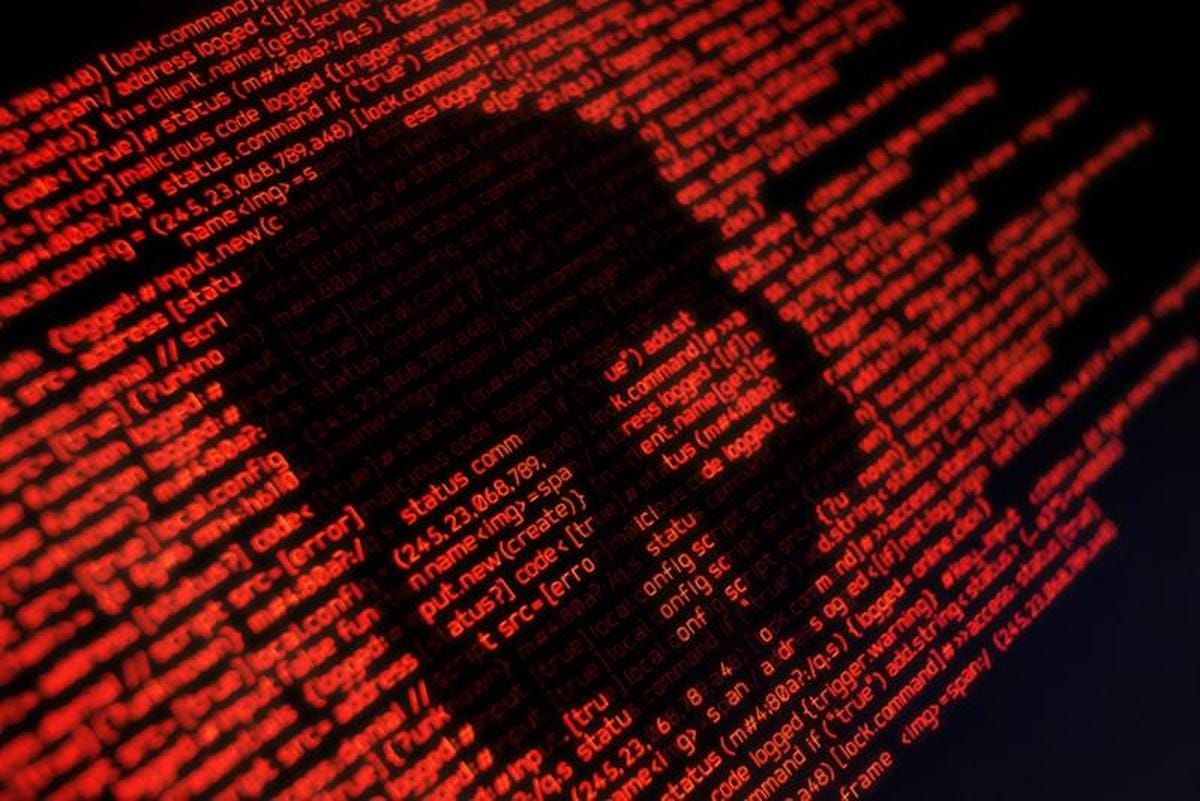Hackers Seek to Exploit Asian Coronavirus Fears
Same old advice: don’t open anything from strangers

By: Samuel Bocetta
If there’s one thing society can rely on, it is that hackers will figure out a way to take advantage of a public crisis. Enter coronavirus. Though the actual global danger level of the illness is still open to debate, one thing is certain. Panic is near, perhaps nowhere more so than where the disease was birthed, including ground zero …
Keep reading with a 7-day free trial
Subscribe to Asia Sentinel to keep reading this post and get 7 days of free access to the full post archives.
